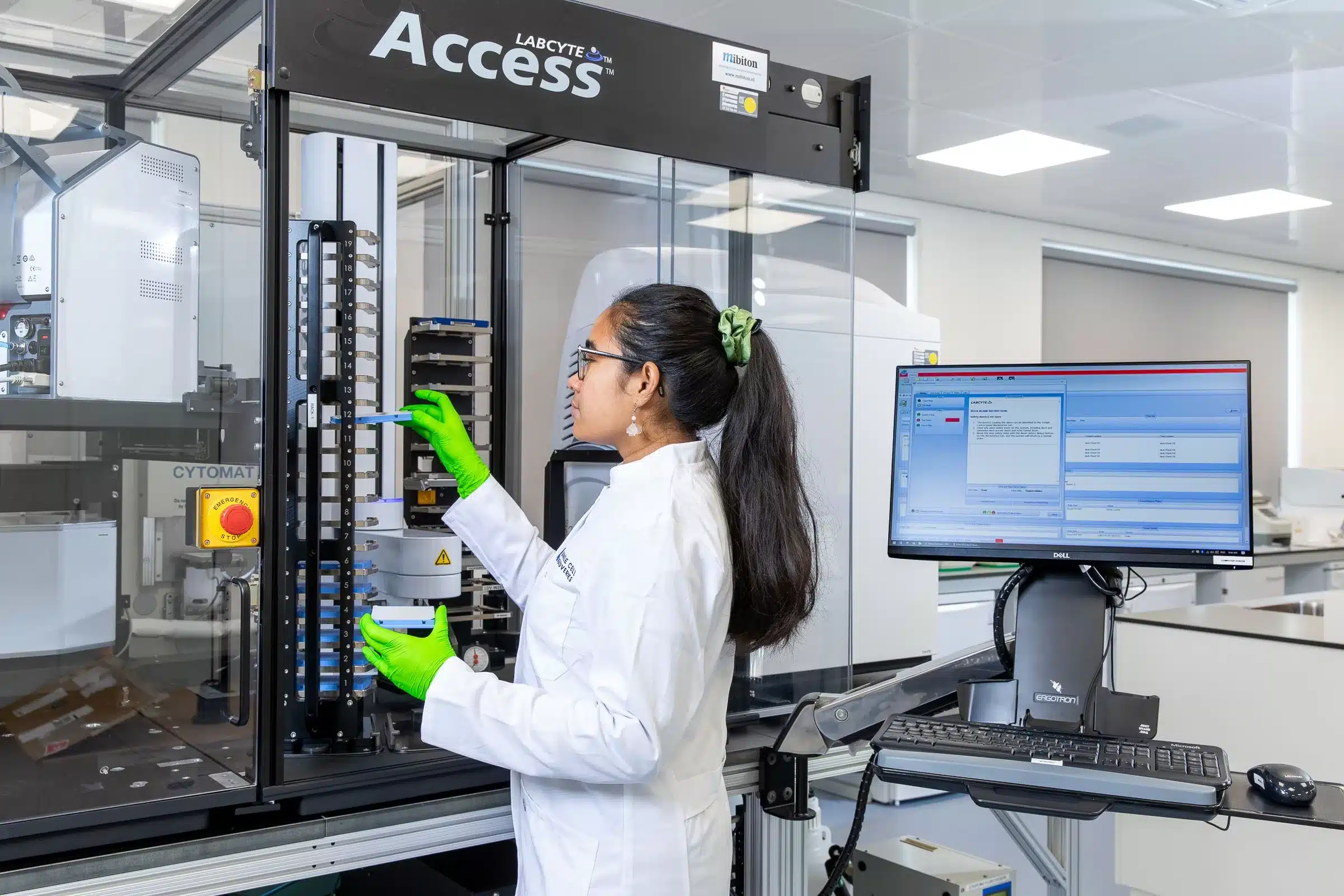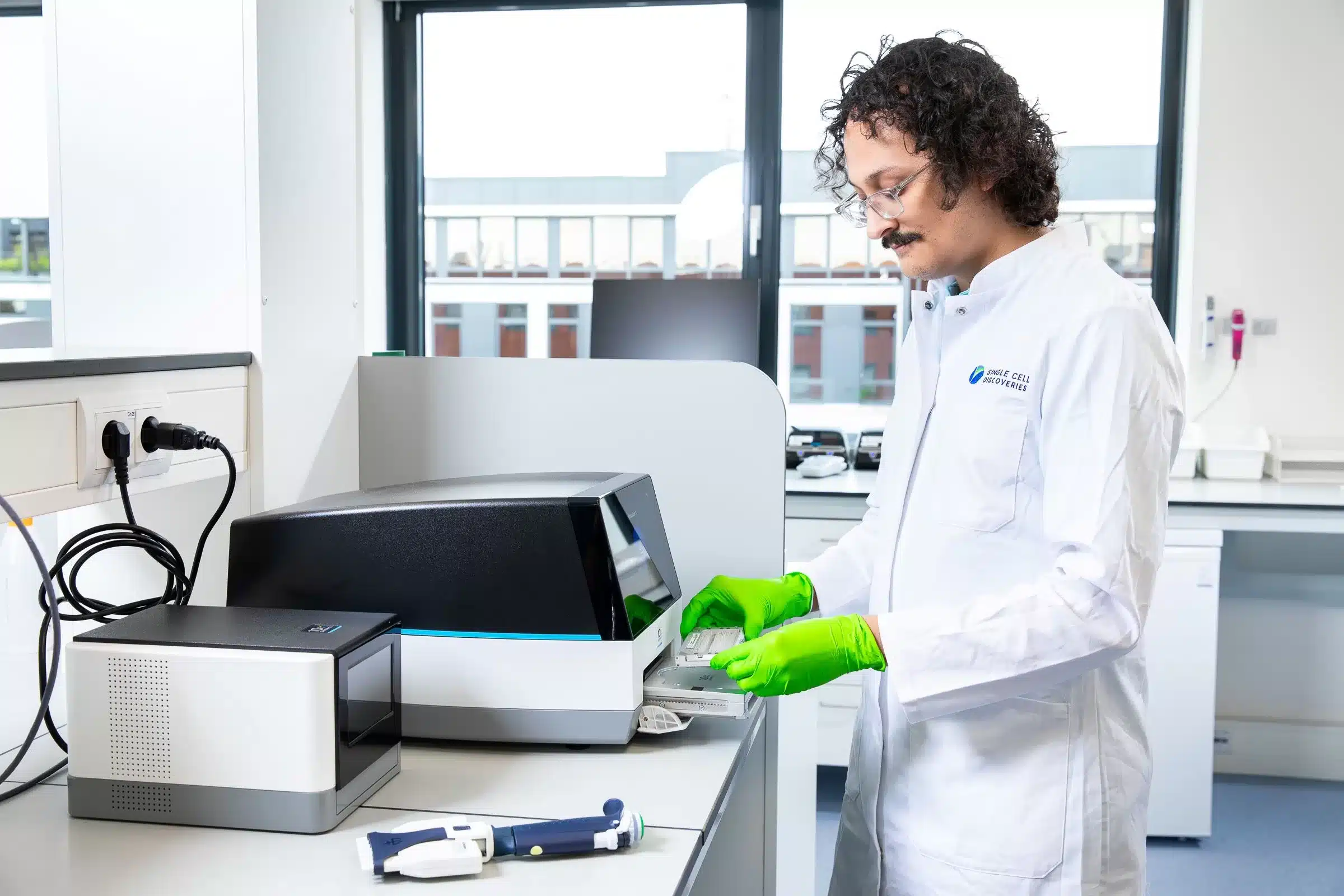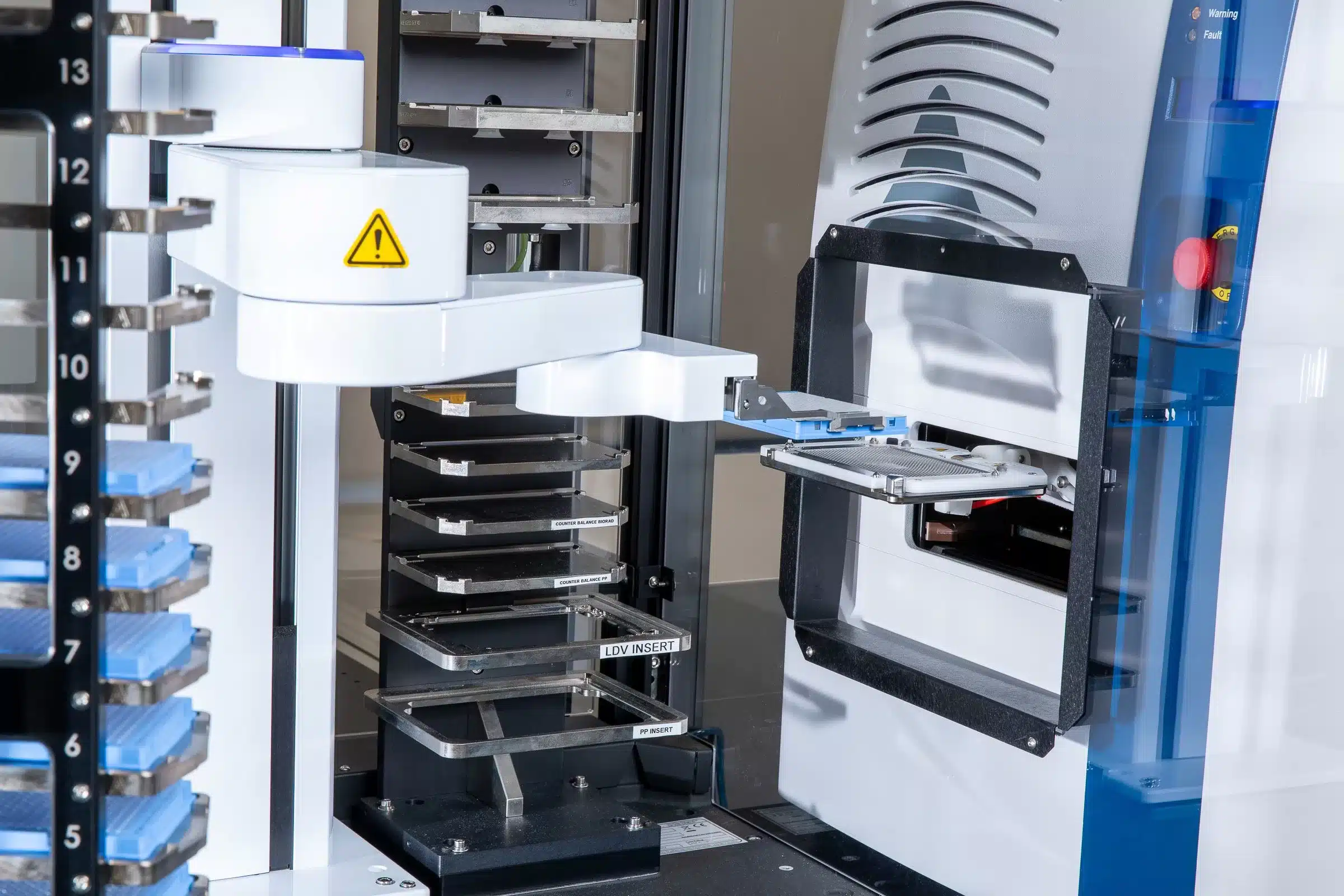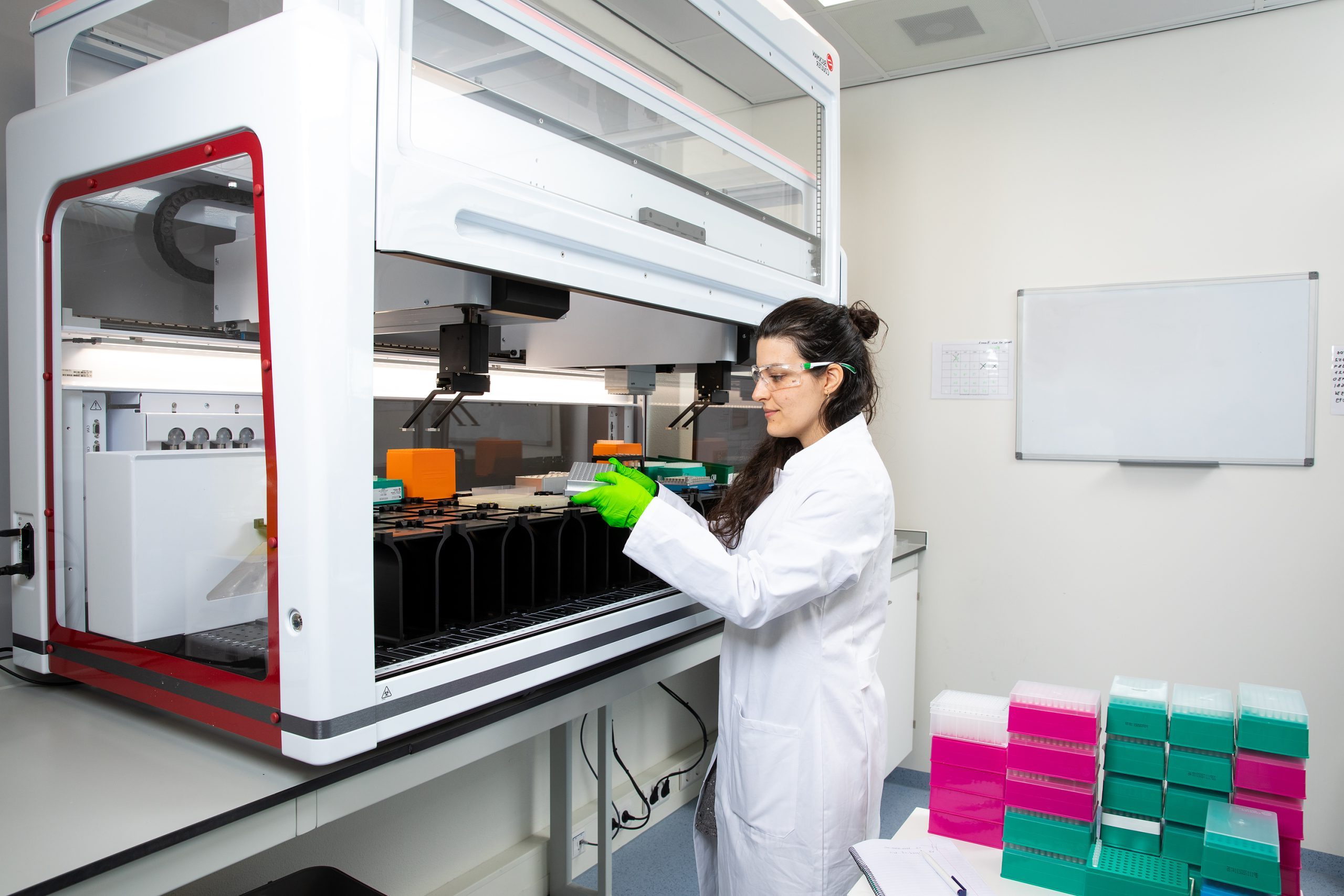Developmental Biology Trace tissue development at
ultra-resolution
Single-cell sequencing in developmental biology empowers the discovery of molecular mechanisms underlying development, congenital disease, and tissue regeneration. We have experience in over 40 different organisms and are happy to add to our “tree of life” with your species of interest.
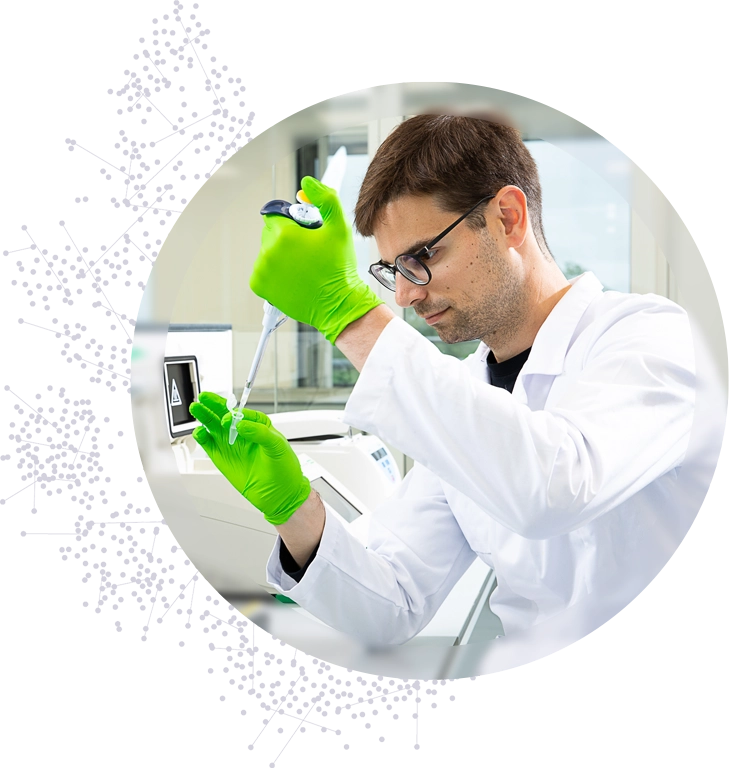
Applications
Understanding developmental biology is vital in unravelling our physiology and provides valuable insights for genetic therapies and regenerative medicine. During development and regeneration, progenitor cells alter their gene expression and differentiate into lineage-restricted cell types.
Single-cell RNA sequencing can provide deeper insights into cells’ differentiation states and developmental trajectories.
Reconstruct differentiation pathways
With single-cell RNA sequencing, it is possible to monitor cells as they differentiate and identify their individual developmental pathways and underlying mechanisms.
While single-cell sequencing captures a static snapshot of differentiating cells, we can disambiguate the data with trajectory inference algorithms and trace cells along their paths, enabling the mapping of an entire tissue’s developmental process. These algorithms reveal that differentiating cells often follow multiple branching pathways, resulting in tree-like models highlighting potential cell fate decision points and important marker genes.
Resolve the mechanisms behind tissue regeneration
Single-cell RNA sequencing helps you identify the molecular mechanisms driving regeneration, dissect heterogeneous stem cell populations, and reconstruct differentiation trajectories. Translational studies employ single-cell technologies to guide cell and tissue engineering strategies and advance treatment for organ and tissue damage due to ageing, trauma, or disease.
Study genetic diseases
Understanding the mechanisms leading to congenital diseases and genetic disorders is crucial for developing treatments and preventive measures. In developmental biology, single-cell RNA sequencing is a powerful means for studying developmental errors underlying such diseases. By analyzing embryonic processes at a single-cell resolution, you can identify the transcriptional changes and faulty pathways that lead to major developmental disorders.
Develop organoid models
Organoids are three-dimensional, self-organizing, and multicellular structures that are derived from stem cells and can recapitulate the architecture and function of native tissues or organs. Based on single-cell sequencing data, you can optimize organoid generation protocols by adjusting culture conditions or differentiation factors to improve the cellular composition, differentiation status, or functional characteristics of the organoids. These optimizations can help to make the organoid models more accurate and representative of the native tissues.
Our services
We offer single-cell and bulk transcriptomics.
Our R&D team is actively developing novel single-cell sequencing technologies,
multi-omic applications and custom solutions. Our standard services are listed below. We also offer sequencing of Illumina libraries.
Single-cell sequencing
Pooled cells
Case studies

Snake Venom Gland Organoids
Three PhD students, under the supervision of Prof. Dr Hans Clevers in molecular genetics and snake expert Prof. Dr Freek Vonk, conducted this remarkable research in which they developed snake venom-producing organoids. The organoids were characterized using SORT-seq. Here, we explain how the project was done.

Colorectal Zebrafish Xenograft Model
This research, conducted at the Champalimaud Foundation in Lisbon, is focused on the immune response after implantation of human cancer cells in zebrafish. The cells in the implanted tumors were characterized using SORT-seq. Here, we explain how SORT-seq contributed to this remarkable study.

Single-Cell Atlas of the Human Cornea
Read about the eye-opening collaboration of Single Cell Discoveries and MERLN Institute for Technology-Inspired Regenerative Medicine.
Recent publications
PLOS Biology
Identification of the regulatory circuit governing corneal epithelial fate determination and disease
Cell Stem Cell
Human conjunctiva organoids to study ocular surface homeostasis and disease
BioRxiv
Targeted CRISPR-Cas9 screening identifies transcription factor network controlling murine haemato-endothelial fate commitment
How can we help?
Want to supercharge your project with single-cell insights?
Connect with our PhD-level scientists to discuss your biological question, timeline, sample types, and other customizations for your single-cell analysis.
